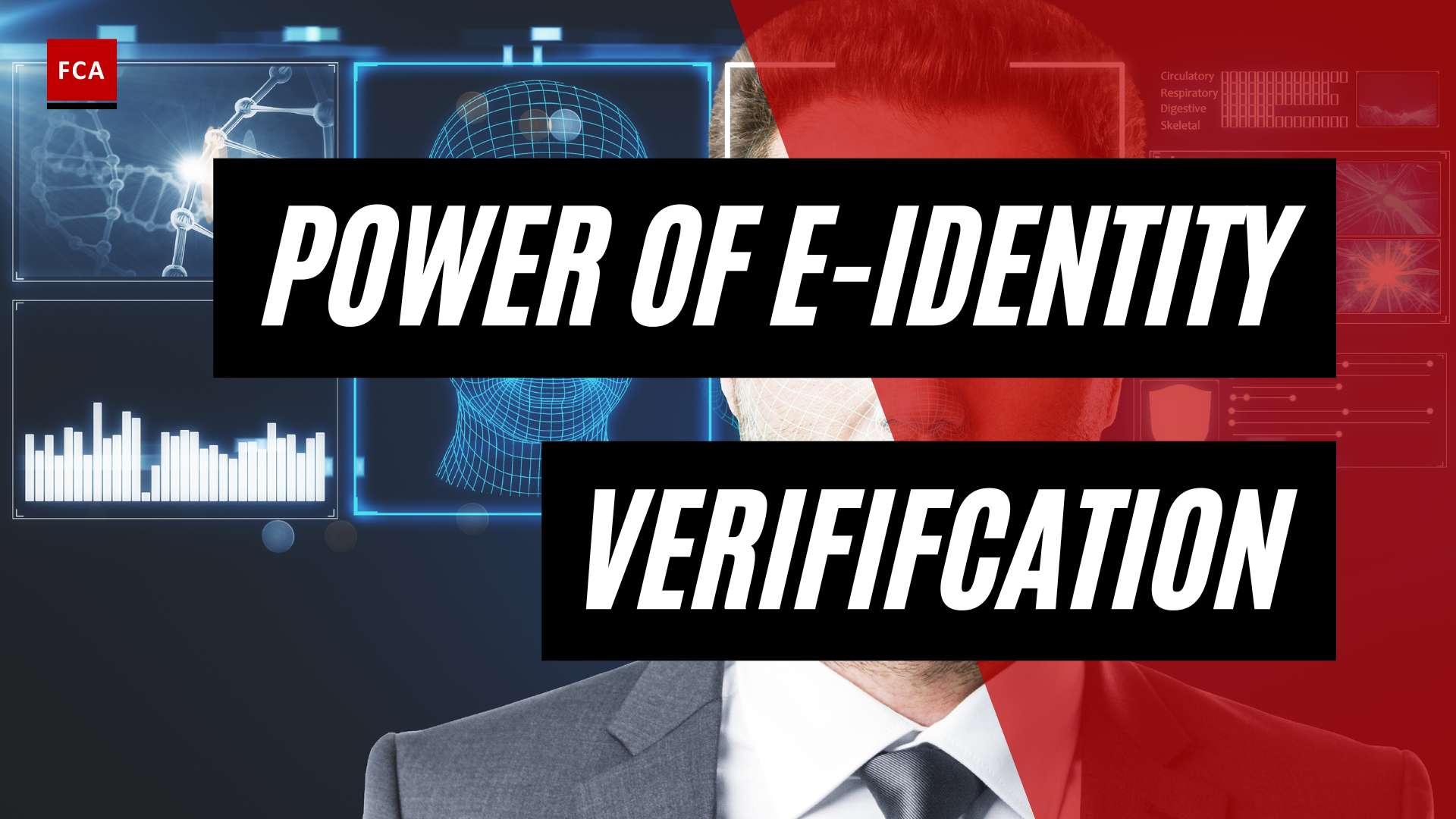Who performs transaction monitoring? The transaction monitoring process is ongoing and performed by the organization’s compliance or anti-money laundering team. The purpose is to ensure that all transactions initiated through the organization are legitimate transactions, and if not, such transactions are considered suspicious.
Organizations or institutions that deal in public funds through deposits or lend money to customers, or invest public money need to ensure that they develop appropriate internal processes and controls to monitor the transactions and activities of customers or clients regularly.
Transaction monitoring is required because money launderers or terrorists may use the organization or institutions’ channels to deposit their illegal funds or transfer them from one location to another. Further, AML/CTF compliance requirements include the performance of transaction monitoring. Therefore it is one of the regulatory requirements for various organizations or institutions.

Who Performs Transaction Monitoring?
The following are some of the organizations or institutions which are required to perform the monitoring of transactions and activities of customers to avoid the risk of being involved in money laundering or terrorist financing incidents:
- Banks
- Money service businesses or MSBs
- Brokerage houses
- Designated Non-Financial Business or DNFBPs, including lawyers, accountants, and real estate agents
- Insurance companies
- Brokerage houses
- Cryptocurrency companies or exchanges
- Stock exchange
- Remittance companies or businesses
- Credit or lending organizations
- Casinos, and
- Payment gateways, etc.
Final Thoughts
Transaction monitoring is typically performed by financial institutions such as banks, credit card companies, and other financial services providers. This is because these institutions are responsible for detecting and preventing financial crimes such as money laundering, terrorist financing, and fraud.

The specific individuals responsible for performing transaction monitoring may vary depending on the institution and its size. Generally, it is performed by compliance officers, analysts, or investigators who are trained in identifying suspicious activity and who have access to the necessary tools and data to conduct effective monitoring. In larger institutions, there may be dedicated teams or departments that focus solely on transaction monitoring.
It’s important to note that transaction monitoring is a critical part of an institution’s anti-money laundering (AML) and counter-terrorism financing (CTF) program. Therefore, the individuals who perform transaction monitoring play a key role in ensuring the integrity and security of the financial system.








